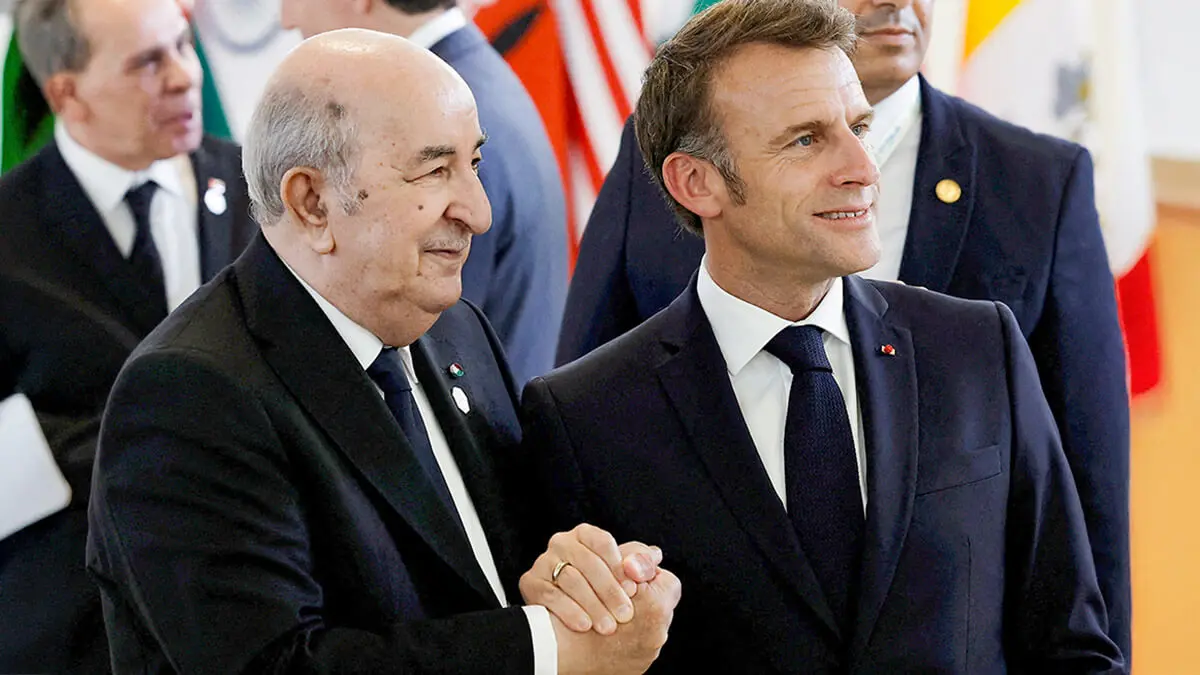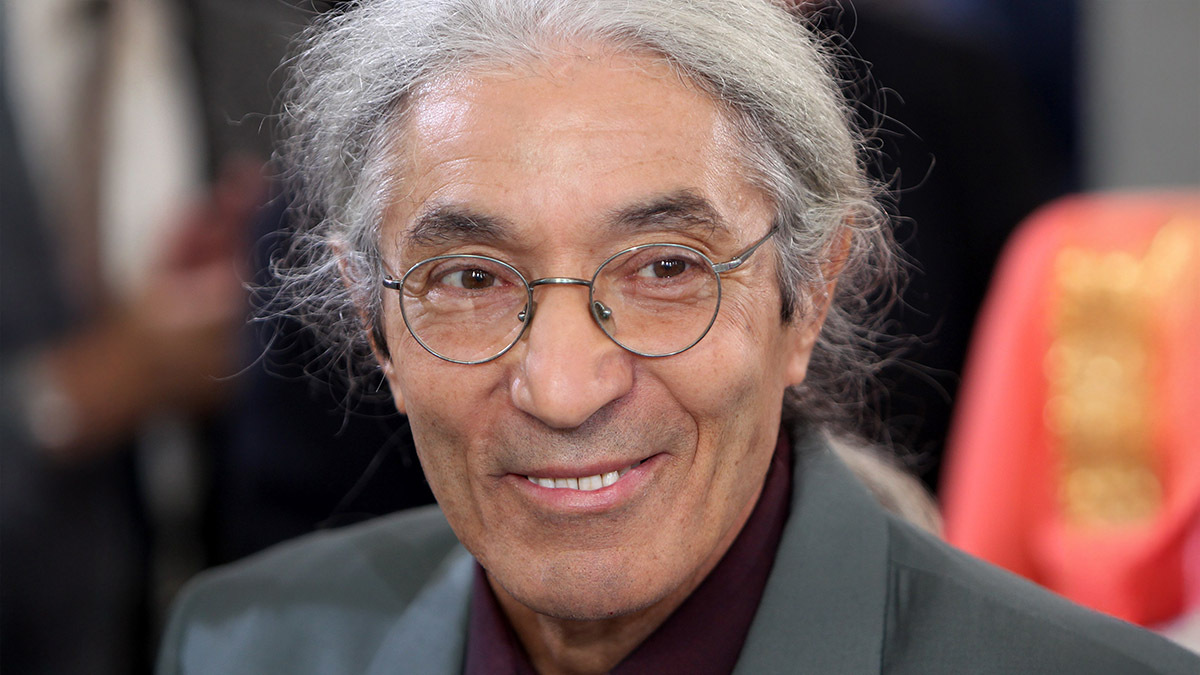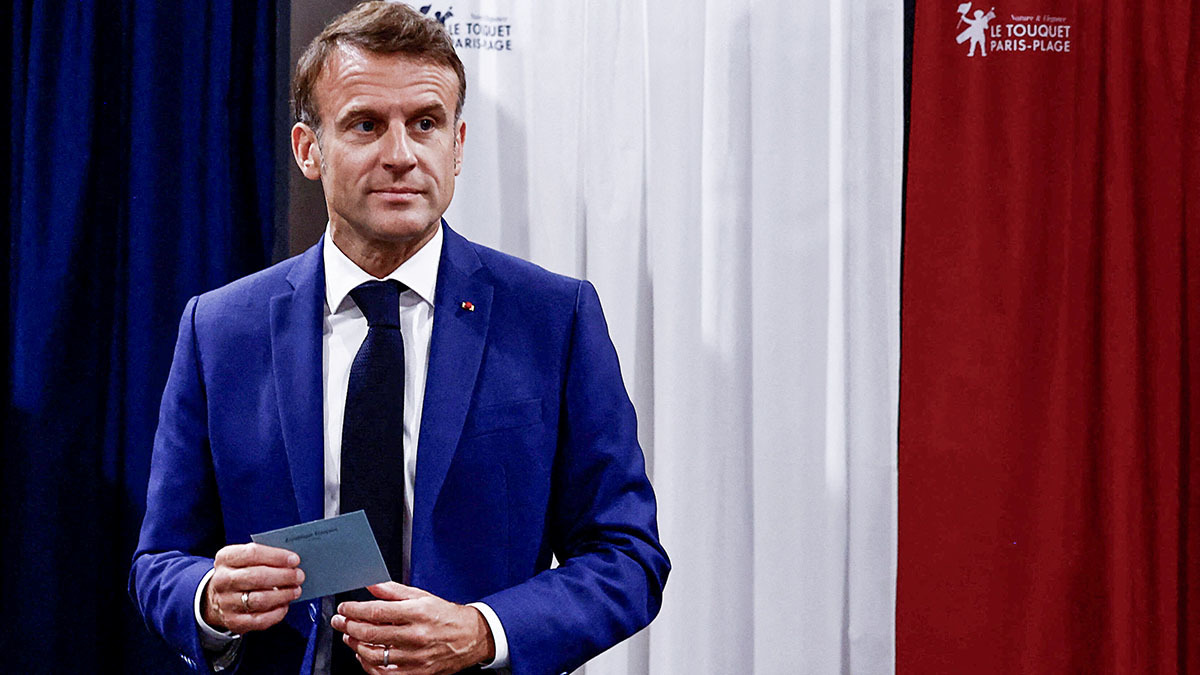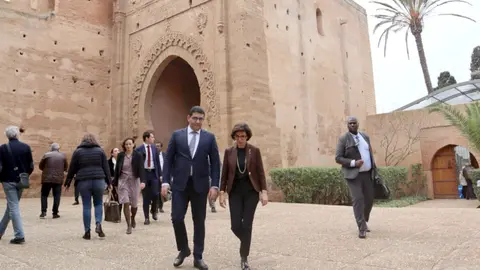France hardens its stance against Algeria with restrictions on access for Algerian dignitaries

- Growing diplomatic tension
- Restrictions in migration policy
- Inter-ministerial meeting on immigration
Relations between France and Algeria, already tense, continue to deteriorate. The French Minister of Foreign Affairs, Jean-Noël Barrot, has announced on BFM TV that ‘restrictions on access’ to French territory will be applied to certain Algerian dignitaries, with the possibility of the measures being tightened if bilateral cooperation does not improve.
The minister did not specify the identity or the number of people affected by these restrictions or the date on which they would come into effect. However, he emphasised that these are ‘reversible measures’ that could be lifted as soon as Algeria resumes the cooperation demanded by France. This announcement comes at a time of growing diplomatic crisis between the two countries.
Relations France-Algérie: Jean-Noël Barrot affirme avoir déjà sanctionné l'Algérie "sans en faire la publicité" et être prêt à sanctionner "davantage" pic.twitter.com/iwpXCmLdV0
— BFMTV (@BFMTV) February 25, 2025
Growing diplomatic tension
Algiers has responded by confirming that two people have already been subject to these restrictions, including a former presidential adviser, and has asked Paris for an explanation. Meanwhile, France is also concerned about the situation of the writer Boualem Sansal, who is imprisoned in Algeria.
One of the most contentious issues between the two countries is the policy on visas and consular passes. The situation has worsened after the attack on 22 February in Mulhouse, allegedly perpetrated by a 37-year-old Algerian citizen in an irregular situation. This incident rekindled the French government's criticism of Algeria for repeatedly refusing to readmit expelled citizens, according to French Prime Minister François Bayrou.

Restrictions in migration policy
Jean-Noël Barrot has proposed tightening the migration policy of the European Union as a whole. In a statement to France 2, he suggested that all European countries reduce their concessions of visas to states that refuse to readmit their expelled nationals. In addition, he raised the possibility of reducing customs tariffs for those countries that collaborate in this area.
The French government is also considering the possibility of detaining illegal immigrants for reasons of public order, although the legislation does not currently allow this.

Inter-ministerial meeting on immigration
Faced with the growing challenge of immigration, the French Prime Minister has called an ‘Interministerial Council on Immigration Control’. According to Matignon, the meeting will focus on ‘controlling migratory flows’ and on reinforcing controls at the national, European and diplomatic levels.
Relations with Algeria will be a key topic at the meeting. Sophie Primas, government spokesperson, stated that ‘we are not obliged to grant visas in such large numbers’, while the Minister of the Interior, Bruno Retailleau, suggested reviewing the 1968 agreements with Algeria.
The Minister of Agriculture, Marc Fesneau, also made a statement on the matter, affirming that ‘we have extended our hand to our Algerian friends many times, and many times this hand has not been taken’. According to him, the moment has come to reconsider the strategy and apply a firmer policy.
With these measures, France seems to have adopted a strategy of balancing power in its relationship with Algeria, moving away from a diplomacy based on conciliation. The future of Franco-Algerian relations will depend on how the negotiations evolve and whether Algeria decides to accept the conditions imposed by Paris.










